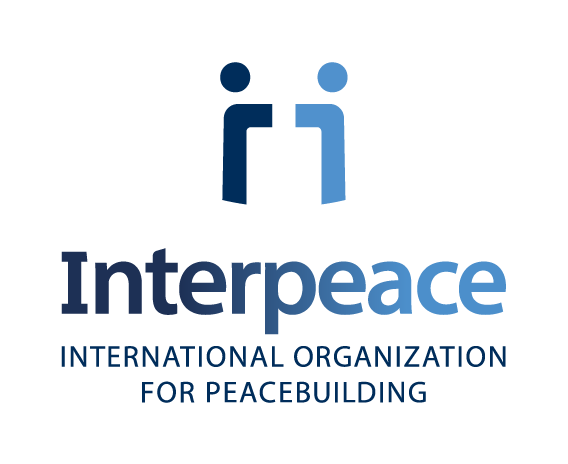Preventing electoral violence through early warning and rapid response in Kenya

In Mandera and Wajir counties, the project trained numerous stakeholders, including local media and youth, about ‘Elections Bila Noma’ (Elections free of violence), peace messaging, conflict-sensitive reporting, management of hate speech, and electoral alternative dispute resolution (EADR). In the past, politicians would encourage boda boda (motorbike) riders to start violence by saying that other candidates were unpopular. To forestall this problem, the project facilitated a multi-agency election stakeholder forum that 2022 Strategic Partnerships Report - 27 recruited boda boda riders and youth leaders to promote ‘Elections Bila Noma’: they became the slogan’s brand ambassadors.








Preventing electoral violence through early warning and rapid response in Kenya
In the past, there has been significant violence during elections in Kenya, which displaced many Kenyans and caused the loss of lives and livelihoods. Electoral-related violence is linked to the historical and socio-political marginalisation of some populations and elite manipulation of identity. Peacebuilding actors have worked together to mitigate skirmishes, address the causes of violent conflict, and strengthen social resilience for peace.
In August 2022, Kenyans went to the polls and voted in a largely peaceful manner. This outcome was a major success, the result of an enormous effort by Kenyan authorities, civil society, and international partners.
Through the ‘Electoral Violence Prevention Project’, Interpeace and its partners, the National Cohesion and Integration Commission (NCIC) and the Network for Peace, Cohesion and Heritage (NEPCOH) Trust, supported national actors in several regions to build peace and prevent violent conflict. Active in the counties of Mandera, Wajir, Turkana, West Pokot, Elgeyo Marakwet, Baringo, Samburu and Laikipia, the project focused on the establishment of an early warning and rapid response mechanism and on peace sensitisation for the public and electoral actors.
Early warning and rapid response structures were established across all counties covered by the project, and project members received training on electoral processes, mediation, and peacebuilding, enhancing their capacity to prevent, mitigate, and manage electoral violence. In total, 106 election and cohesion monitors were deployed, who gathered and forwarded information to an integrated referral and response unit, composed of government officials, staff of security agencies, civil society leaders, and members of local peace infrastructures.

The response mechanism detected 21 incidents. In the town of Konton on the border of Wajir and Mandera counties, one person died and five were injured during a conflict between the Garre and Degodia (two Somali clans) on 6 August. Governors were being elected in both counties and the two clans had a history of intercommunal violence, so there was concern that the violence could escalate. However, with support from the project and early warning mechanisms, local peace infrastructures, established during an earlier phase of Interpeace’s programme in Kenya, were able to mediate the conflict and start a reconciliation process between the two groups.
The project also planned and coordinated sensitisation workshops, disseminated branded peace messages in local areas, ran peace caravans, and encouraged political candidates to sign peace charters. All these efforts aimed to persuade stakeholders at every level of society to commit to peaceful elections.
In Mandera and Wajir counties, the project trained numerous stakeholders, including local media and youth, about ‘Elections Bila Noma’ (Elections free of violence), peace messaging, conflict-sensitive reporting, management of hate speech, and electoral alternative dispute resolution (EADR). In the past, politicians would encourage boda boda (motorbike) riders to start violence by saying that other candidates were unpopular. To forestall this problem, the project facilitated a multi-agency election stakeholder forum that recruited boda boda riders and youth leaders to promote ‘Elections Bila Noma’: they became the slogan’s brand ambassadors.








